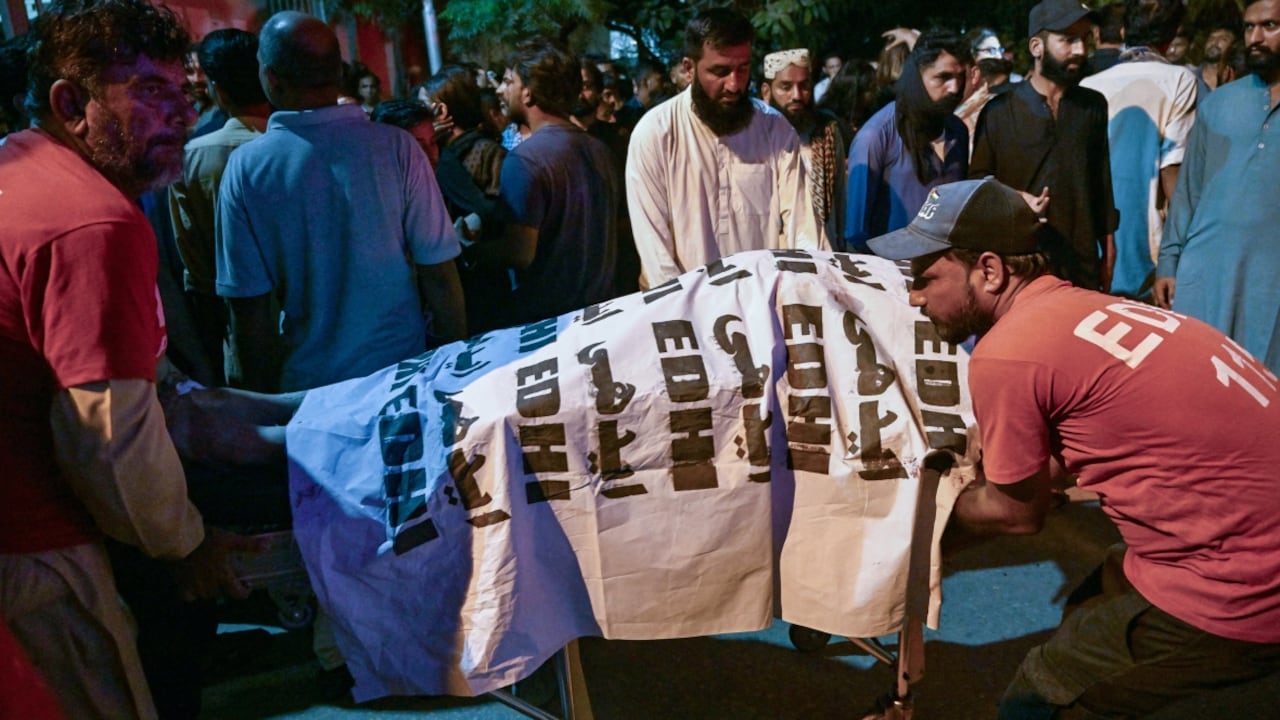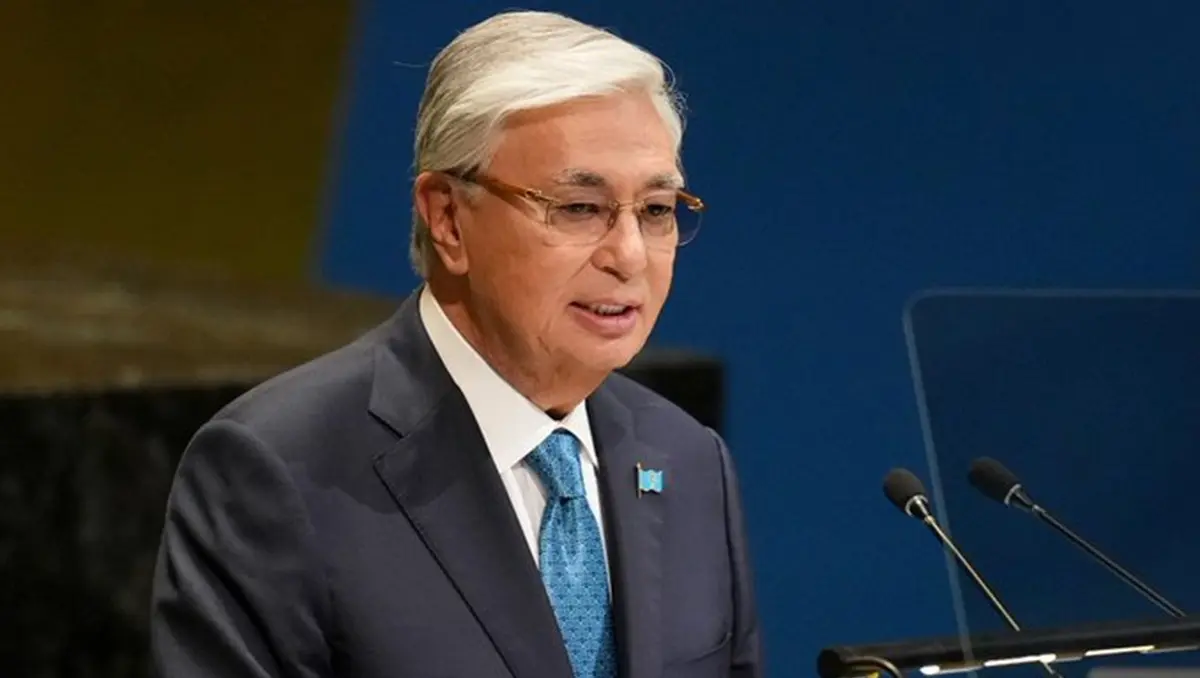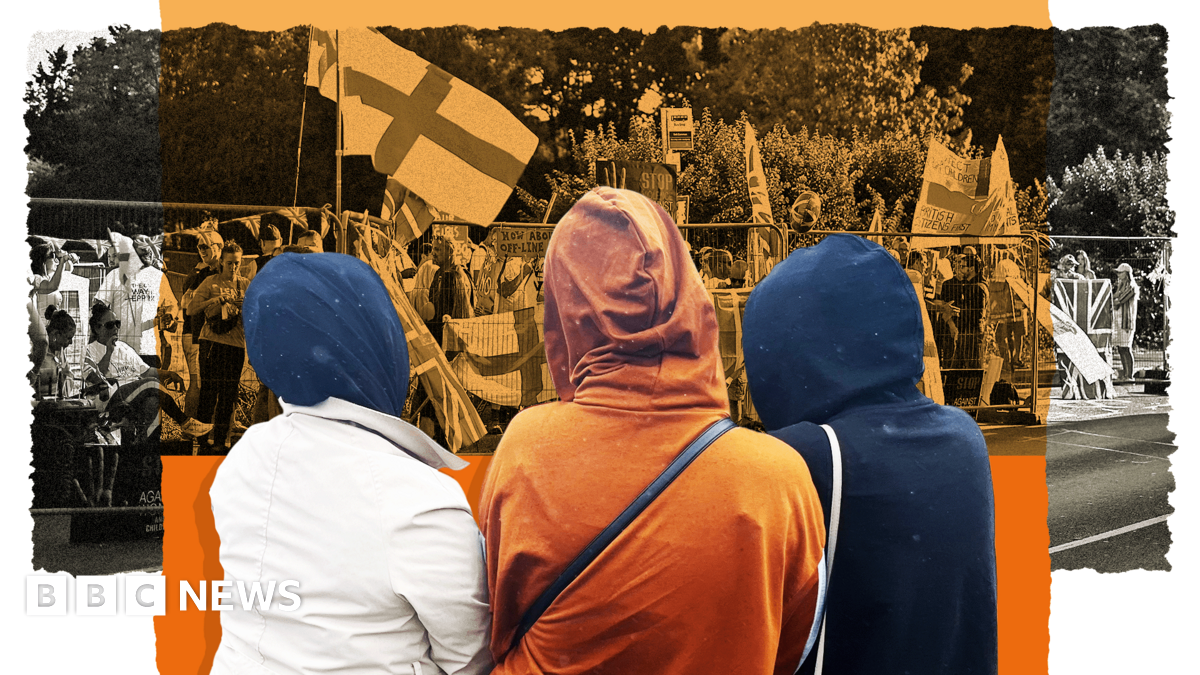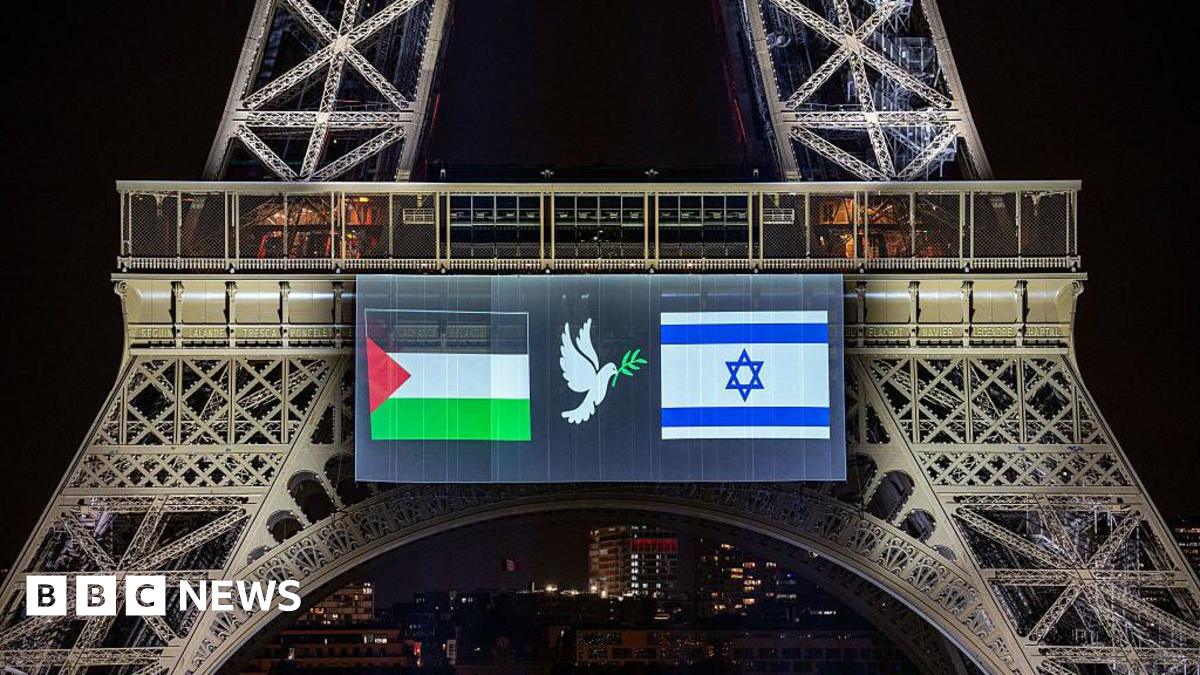Rising Death Toll in Pakistan-Administered Kashmir Protests Prompts Government Talks
The death toll from violent clashes between security forces and demonstrators in Pakistan-administered Kashmir has risen to nine. Prime Minister Shehbaz Sharif has dispatched a delegation to the regional capital to engage in talks with protest leaders, according to officials. The unrest stems from demands for subsidies on essential services.
Government Response and Appeals for Calm
In a statement, Prime Minister Sharif appealed for calm and urged police to exercise restraint during the protests. He affirmed his government's commitment to addressing the public grievances in Kashmir. Tariq Fazal Chaudhry, a minister in Sharif's Cabinet, announced on X that discussions with representatives of the Awami Action Committee were underway in Muzaffarabad.
Escalation of Protests and Demands
Local authorities reported a significant convoy of buses and cars heading towards Muzaffarabad, the regional capital, indicating another mass protest. The demonstrations began earlier in the week, fueled by demands from an alliance of groups for subsidies on food, electricity, and other essential services. Video footage circulating online shows confrontations between protesters, some armed with sticks and guns, and police officers.
Government Concessions and Continued Unrest
Chaudhry Anwarul Haq, the region's prime minister, stated that his administration had agreed to accept 36 of the alliance's 38 demands, including cheaper wheat, reduced electricity tariffs, and local governance reforms. However, the alliance has refused to call off the agitation, continuing the violent demonstrations.
Casualties and Government Condemnation of Violence
According to government figures, at least nine people, including three police officers, have been killed in the clashes. Over 150 individuals, mostly police personnel, have sustained injuries. Critically wounded officers were transported to hospitals in Islamabad for treatment. Interior Minister Mohsin Naqvi visited injured officers in the capital, praising their “courage and restraint.” He warned against any attempts to destabilize the region “at the behest of enemies,” emphasizing that the law would be upheld.
 Visit the website
Visit the website







